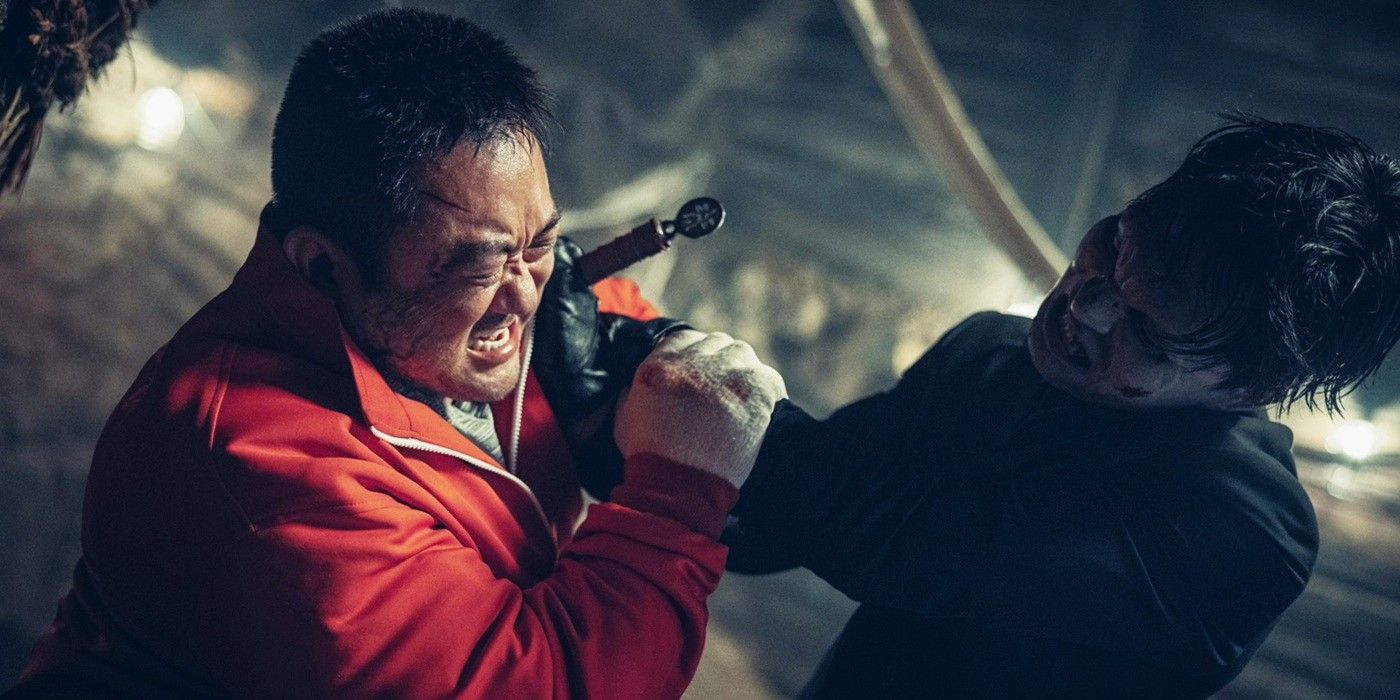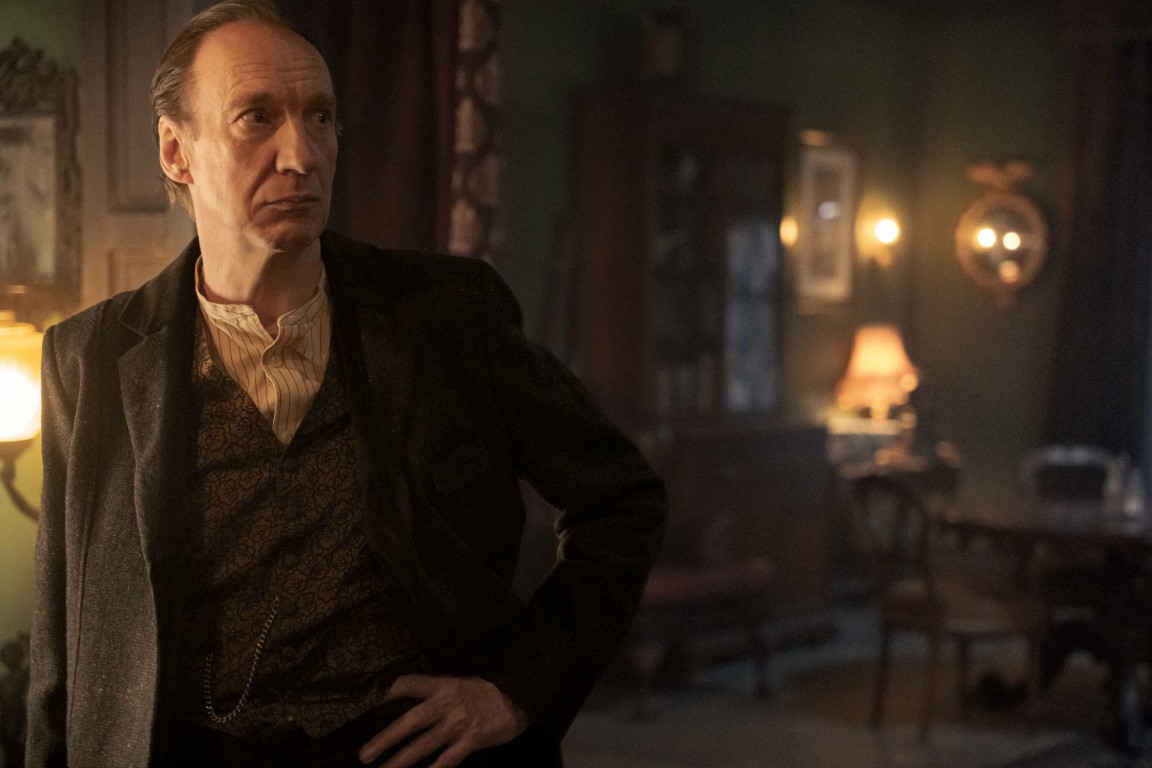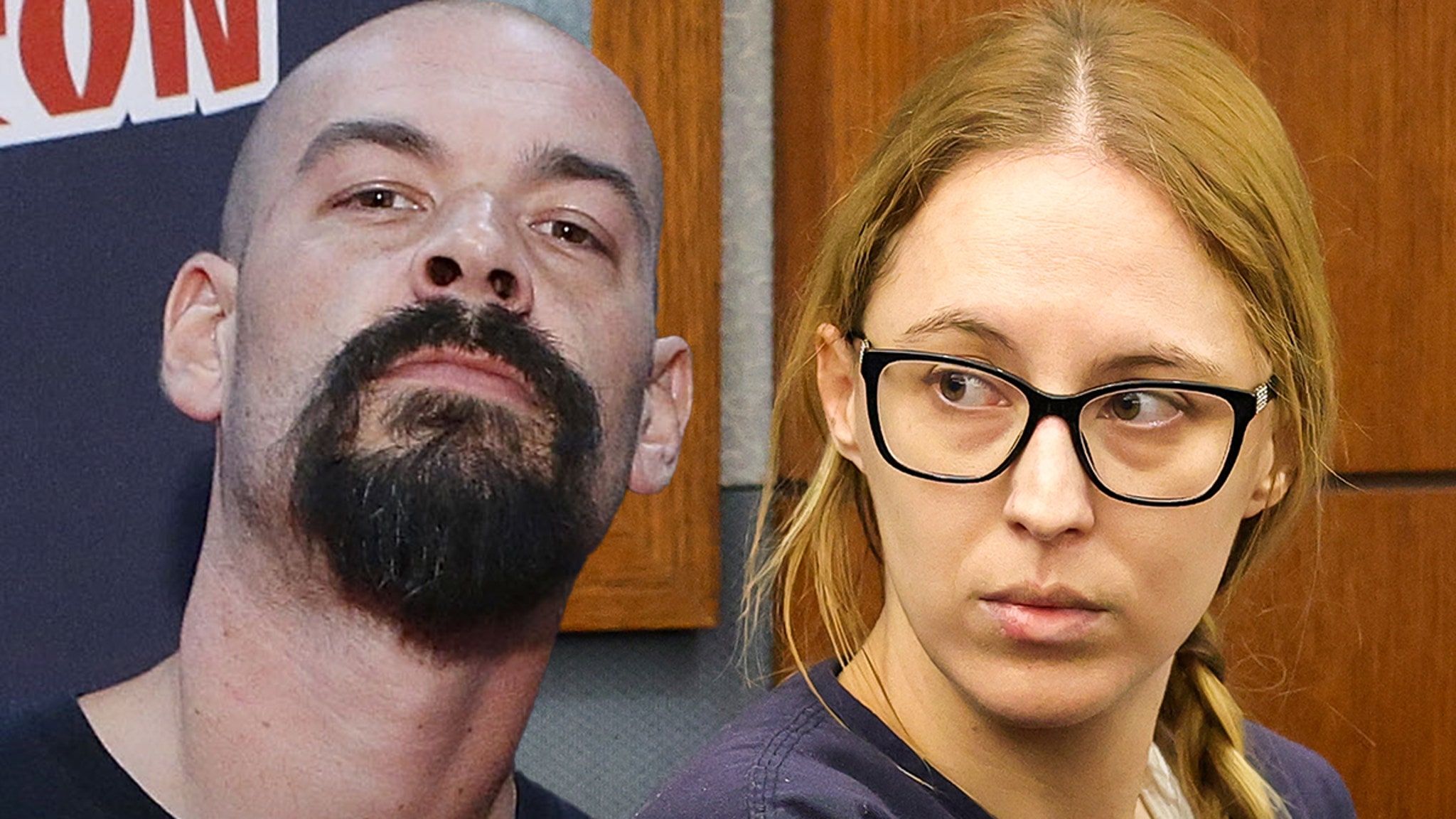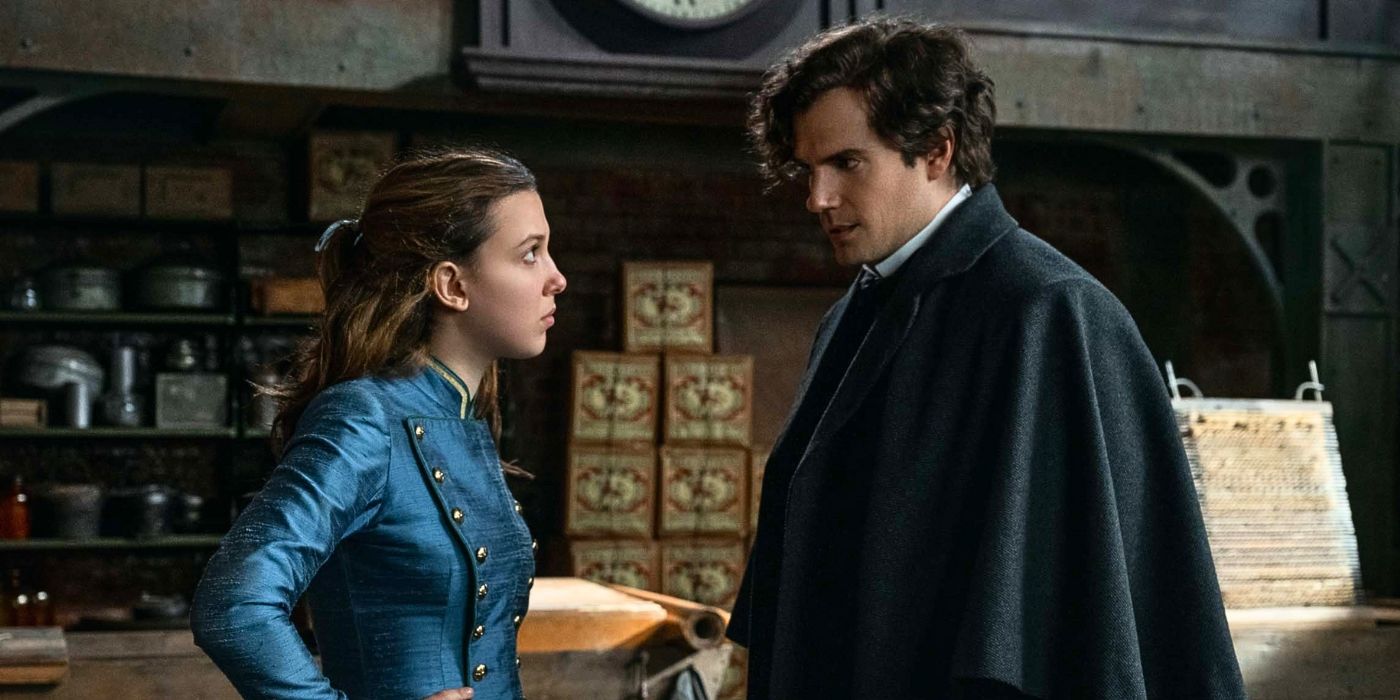As directed by Steven Oritt and written by David Himmelstein (screenwriter of many acclaimed historical dramas, including “Soul of the Game”) the movie excels at putting the audience in the position of its teenage heroine (Zuzanna Surowy), who’s lost and alone in hostile terrain, making things up as she goes. The story begins with Sara and her elder brother parting ways after he tells her that she has a better chance of getting through the war because he’s more identifiably Jewish than she is. His insight is only partially validated: from the moment that Sara gets work as a nanny on a farm in Ukraine (which is also under German control) barely a scene passes without somebody either casting doubt on her story or looking at her in a way that makes us think she’s being suspected of lying.
Sara tells the her hosts—the farmer Pavlo (Eryk Lubos) and his wife, Nadya (Michalina Olszanska)—that she’s fleeing a bad domestic situation: her mother died, her father remarried a woman who hates her, and now there’s a new baby. Pavlo accepts this story, but Nadya thinks it’s fishy. For much of the rest of the film, she stares daggers through the heroine no matter what’s transpiring. Sometimes she suspects Sara of being a Jew. Other times she seems to think the new girl is a hustler who will end up seducing Pavlo. Pavlo is depressed and resentful. The Nazis are robbing him blind by demanding a set amount of livestock and grain to feed their occupying troops. He’s also a widower who lost his first wife and their child (presumably in the war, though we don’t get the details), and there are times when he looks at his new wife as if realizing he made a terrible mistake. This is not, to put it mildly, a great situation, even for a makeshift wartime arrangement.
Drawing on the real Sara’s story, the movie contrives situations where Sara could be found out unless she manifests instincts or generates knowledge that will permit her to “pass” (such as being able to make the sign of the cross, some she learned from her Christian friends). So deft is the film’s mastery of simple subjective filmmaking techniques that when Sara enters a small-town church, it’s as if we’re following a mouse into a barn filled with cats. Sometimes the movie turns the thumbscrews on the audience by letting us know that an uncomfortable moment is coming long before it happens, as when Sara tells a woman during a trip to the local village that she hails from a particular city, and the woman says she can’t wait to see her again next week so that she can connect her with somebody who’s known her since she was a little girl.
You can view the original article HERE.





























